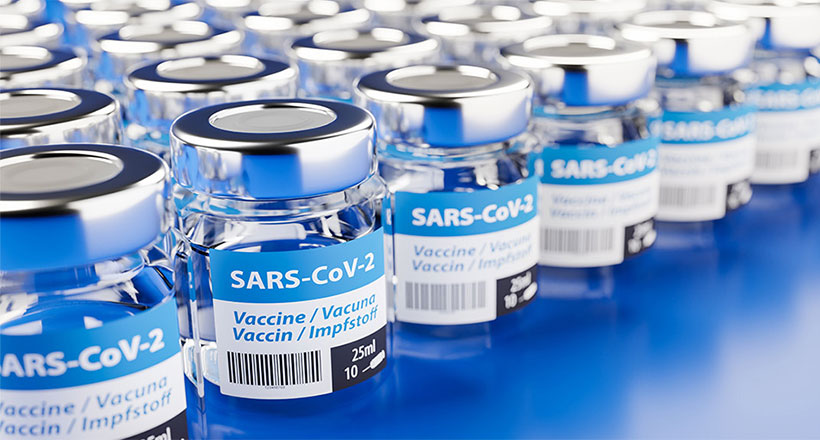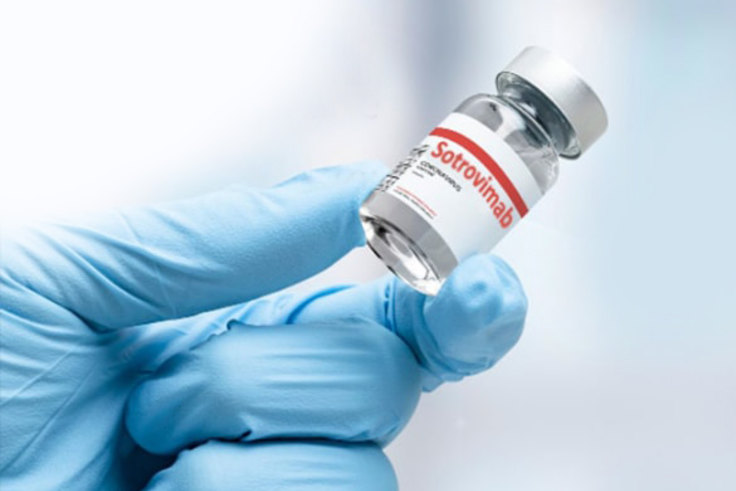Is it finally time for the COVID-19 pandemic to pack its bags?
The past year has been a rollercoaster with a new SARS-Cov-2 strain coming out every few months and the doctors and scientists trying their level best to provide us with a vaccine to fight the contagious virus with the most effective results. But its not just about fighting the virus. There is a growing need for treatments to fight off the effects of the disease after someone has been infected with the virus. For this reason, antibody-based therapies are becoming more and more common with three specialized drugs already in the market.

Now, scientists from GlaxoSmithKline and Vir Biotechnology have introduced Sotrovimab, the latest antibody therapy which is developed from a natural antibody found in the blood of a SARS survivor back in 2003. After conducting experiments on the antibody called S309, it was found that it can neutralize all known SARS-CoV-2 strains including the new more dangerous ones which were ineffective from the previous antibody therapies. “This antibody, which binds to a previously unknown site on the coronavirus spike protein, appears to neutralize all known sarbecoviruses – the genus of coronaviruses that cause respiratory infections in mammals,” said Jay Nix, an affiliate in Berkeley Lab’s Biosciences Area. “And, due to the unique binding site on mutation-resistant part of the virus, it may well be more difficult for a new strain to escape.”

Nix’s work along with other crystallography and cryo-electron microscopy findings, helped to generate a detailed structural map of how those antibodies bind to the SARS-CoV-2 spike proteins from which developers were able to design Sotrovimab based on the structure of S309. Clinical trials for the new antibody therapy were carried out in May in which people with mild COVID-19 infections who were treated with Sotrovimab showed an 85% reduction in rates of hospitalization or death. After this, the FDA granted a EUA for sotrovimab. Scientists are still conducting experiments and are hopeful that in the future, this could help prevent COVID-19 infections altogether if given as a preventive measure before being infected by the virus.
The work has been published in Nature journal.


